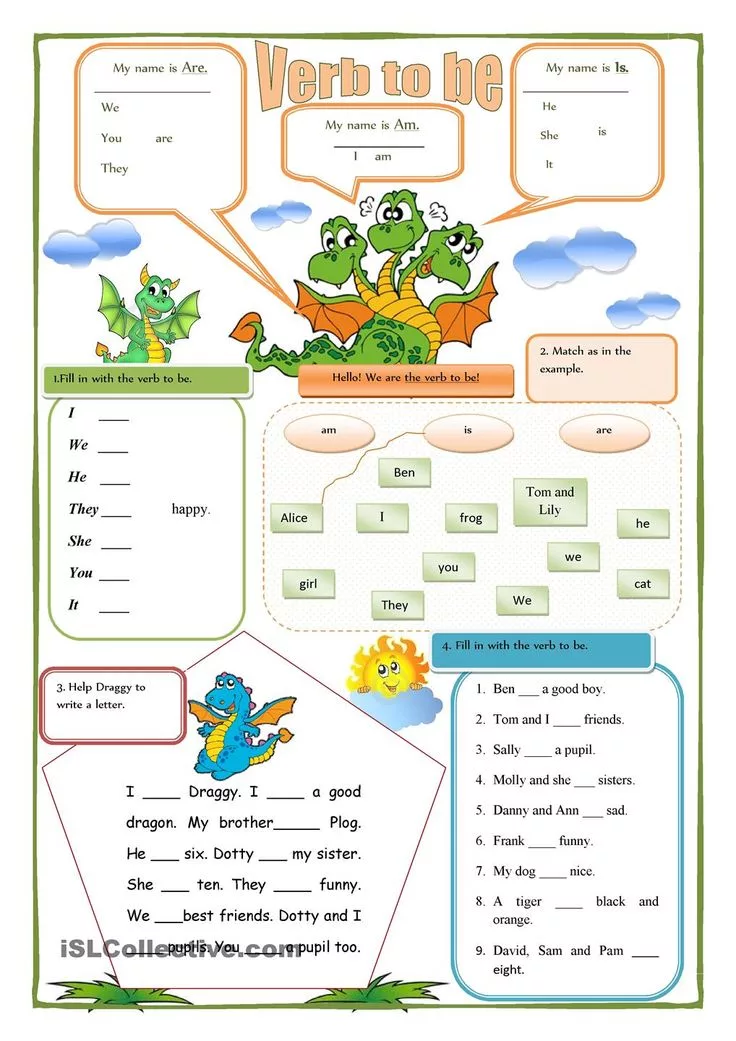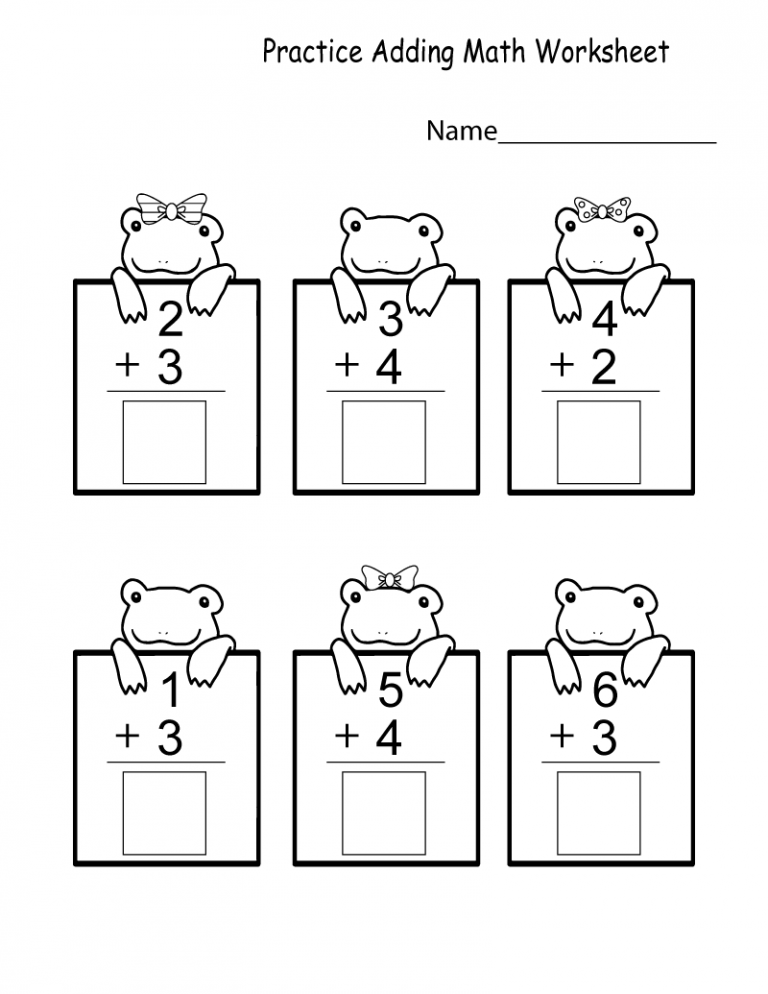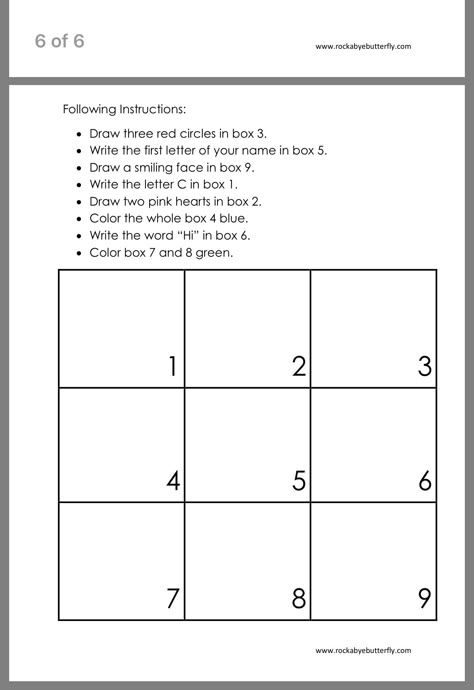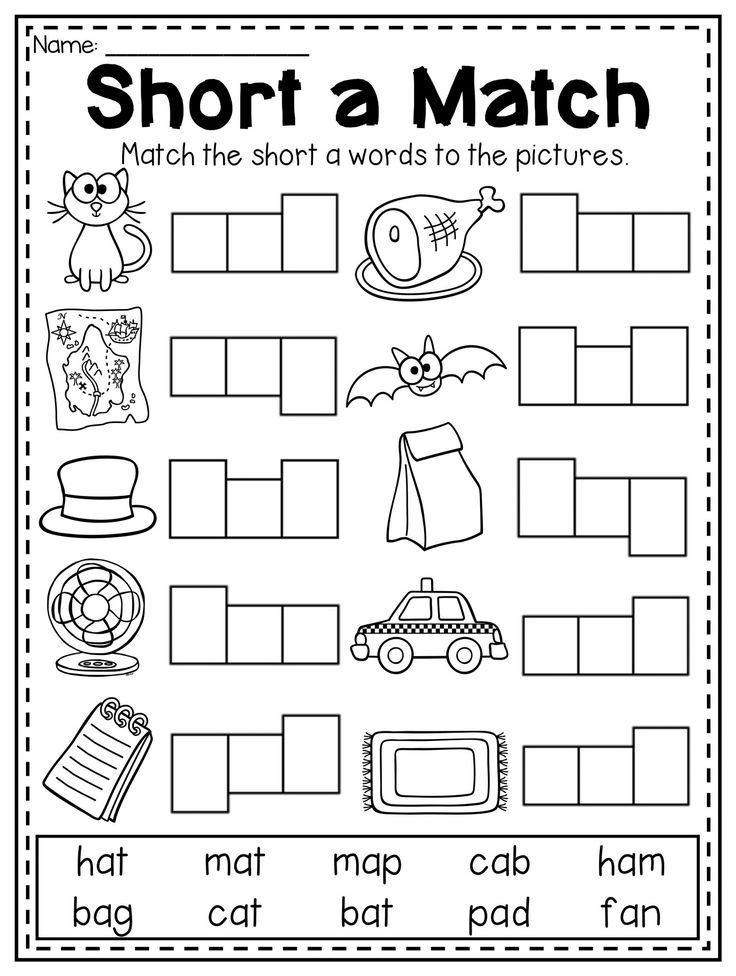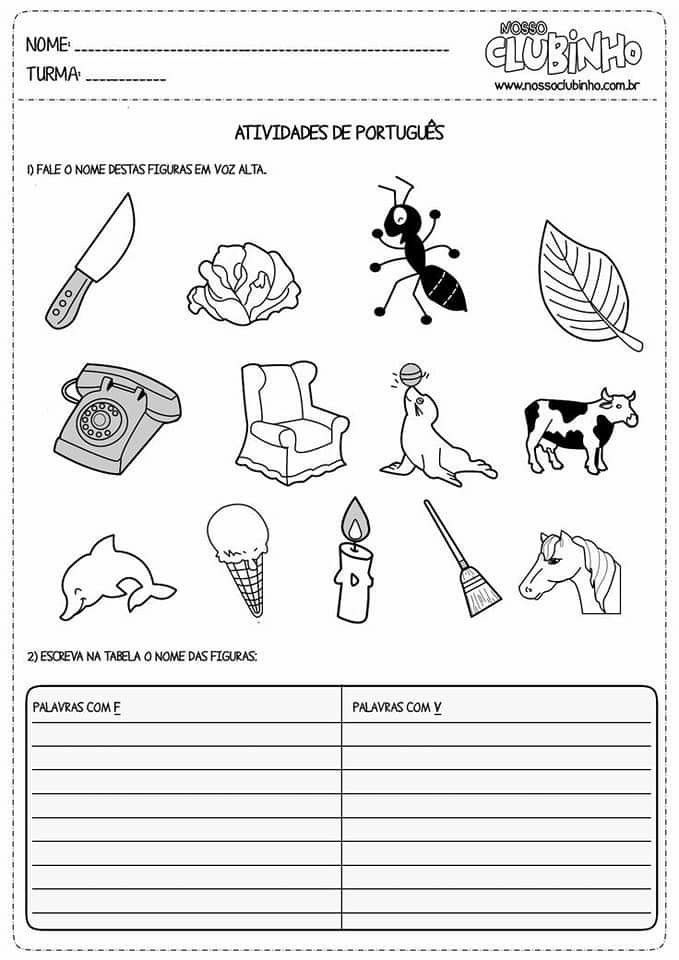Learn to be kind
How to be more kind: 10 ways
We can all be kinder. Kinder to ourselves, kinder to others - even kinder to the planet. It’s often easy to take things for granted, especially when we’re all moving through life at a lightning-fast pace.
Being kind can provide a welcome break from the aforementioned hectic pace of life. With it, kindness can bring positivity to yourself and others around you too. There are many inspiring organisations working to create a kinder environment, including Be Kind Movement; a charity working to empower women and children with education. Their vision is a future where women and children are educated, in employment and actively contributing to the economy, to the community and to their personal wellbeing. Through their kindness, they are creating new opportunities, and promoting equality.
In recognition of Random Acts of Kindness day, here are a few ways to be more kind, show the people around you that you care for them, and potentially receive some positivity in return too.
1. Tell someone when you think positively them
It’s easy to think well wishes, but it takes a little more effort to communicate them. When you appreciate the effort someone has made, or simply think they look nice, tell them! By expressing how you feel, you may also see your relationship grow in a positive way.
2. Consider your language choices
Have you ever analysed how you think or speak? Sometimes, even a small change in the language we use can make us seem kinder and more caring. Rephrase negative thoughts into constructive criticism, highlight areas for progress rather than failure, and re-frame ‘don’ts’ into ‘do’s’. In turn, this can make you seem a lot more approachable, and easy to talk to.
3. Set a good example
Life gives us many chances to do good, so when you take those opportunities, show others why it’s a more beneficial choice. It may make life harder, or be a more difficult path in the short-run, but sharing your morality can encourage others to also do the same.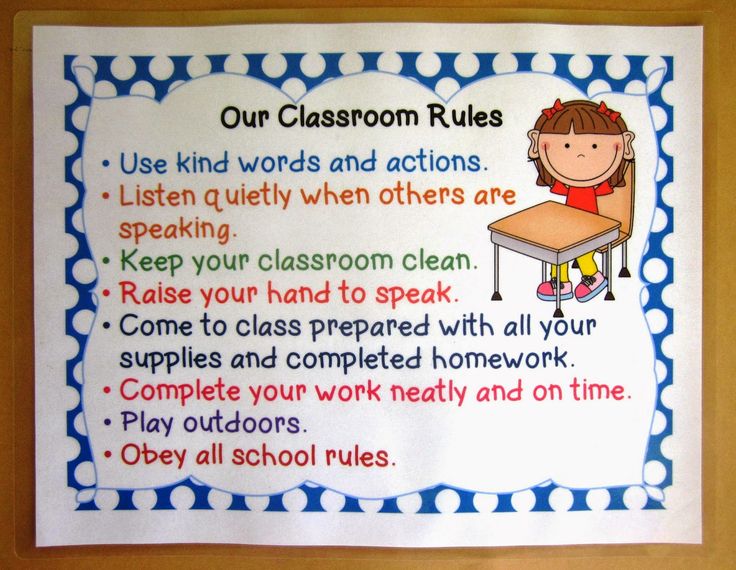 With social media now so easily accessible, you can share these good deeds online without much effort at all!
With social media now so easily accessible, you can share these good deeds online without much effort at all!
4. Volunteer yourself
Donating time or money to good causes is one of the kindest acts in this list. Whether you look for charities in your local area, or those that match your values, any help you can provide will be appreciated. Similarly, if you have friends or family that could benefit from your support, see whether you have the capacity to commit to helping them. The simple act of helping someone move house, or driving an elderly relative somewhere, can be incredibly kind.
5. Listen more
One thing we can all do more of is listening. In our guide to talking about mental health, we shared a few pointers on how to listen without judgement, and enable others to trust you to simple listen. Try pausing before you speak, and choose words with positive intention when you’re called upon to give your opinion.
6. Look after yourself
Similarly, if you have an issue you are dealing with, be kind to yourself.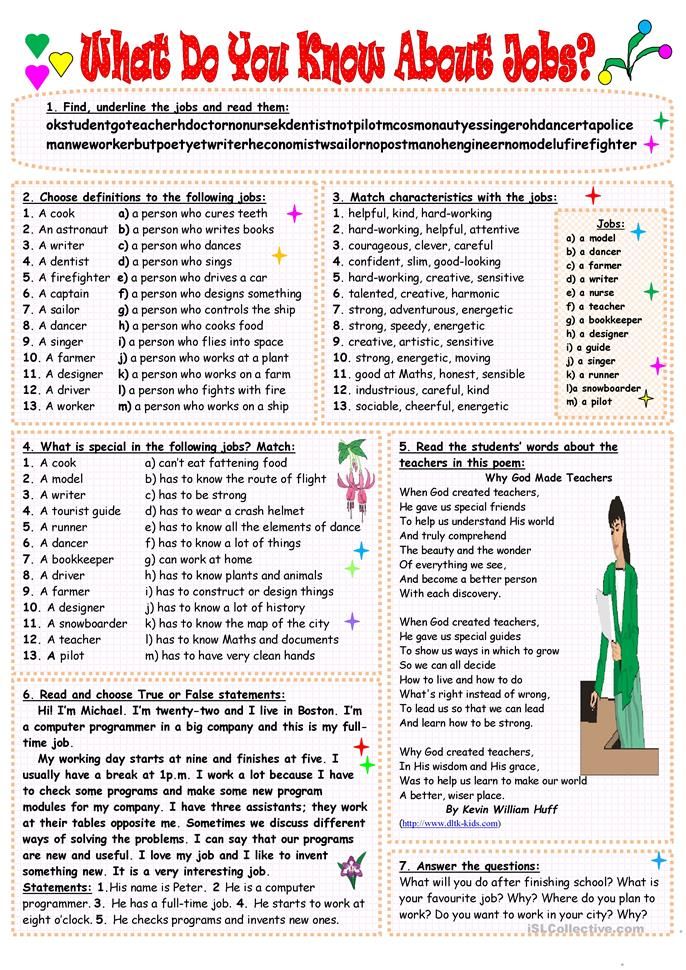 Talk to others, ask for help, and practice checking in with your mental health. Join the Calmer Community for monthly prompts, videos, audio, and other guides to doing just this!
Talk to others, ask for help, and practice checking in with your mental health. Join the Calmer Community for monthly prompts, videos, audio, and other guides to doing just this!
7. Be aware of others around you
One easy way to act more kindly is to take stock of other people, wherever you are. When you’re on public transport, glance up every now and again to check if anyone could benefit from your seat. If you walk into a room where the door was shut, close it behind you. These small acts may not be rewarded, but may diffuse any negative thoughts or situations that arise from not acting in a kind way.
8. Lend your belongings
Another way to be kind to others, and be kind to the planet, is to share your belongings. Lending a book can spread knowledge, and sharing your clothes can reduce the demand for new items. Plus with apps like Airbnb, Uber, and Olio, sharing is becoming the new normal.
9. Appreciate how good it feels to be kind
There are many things that we are wired to feel good about.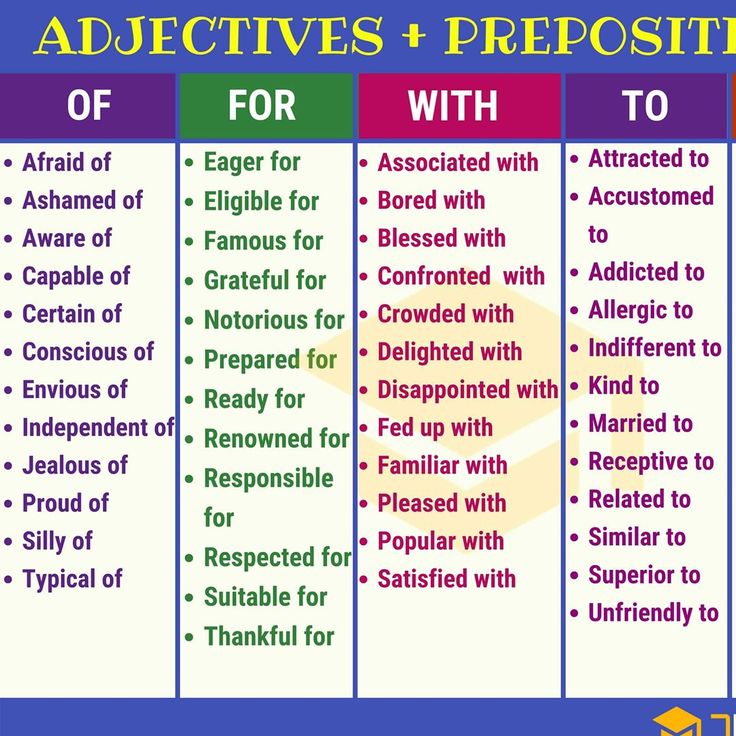 Everything from receiving social recognition through to eating a sugary treat can make us feel good. But what about feeling good when we are kind? Learning to enjoy your random acts of kindness can incentivise you to do more of them, and even on an unconscious level.
Everything from receiving social recognition through to eating a sugary treat can make us feel good. But what about feeling good when we are kind? Learning to enjoy your random acts of kindness can incentivise you to do more of them, and even on an unconscious level.
10. Share the kindness you receive
Finally, be appreciative of the kindness you receive! You can share positive energy further than simply yourself, by taking compliments and kind acts, and sharing them with others. Given a tray of leftover food from a meeting at work? Why not share it with friends? Received some positive feedback in an appraisal? Call a member of your family to share the good news. These small acts can brighten others’ days.
Learn Kind - Kindness for Kids
Why Learn Kind?
Learn Kind activates students’ natural curiosity for learning by introducing kindness in the context of scientific inquiry. It begins with the evidence we have that kindness is one of the most effective ways to improve well-being.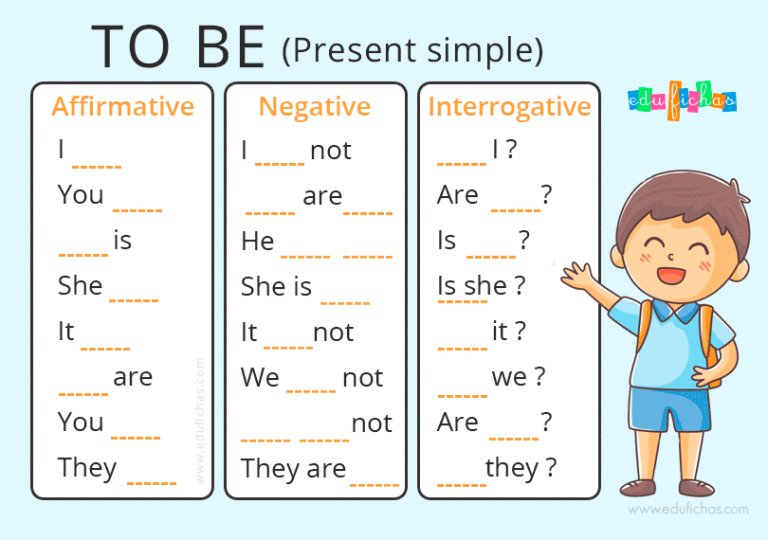 Learn Kind is centered around timely SEL competencies like self-awareness, empathy, and relationship skills, students experience the many ways that kindness shows up, and the impact it has on our mental health and those around us when it does.
Learn Kind is centered around timely SEL competencies like self-awareness, empathy, and relationship skills, students experience the many ways that kindness shows up, and the impact it has on our mental health and those around us when it does.
Built for K-8
The curriculum is available for students in Kindergarten through 8th grade, bundled for three grade bands: K-2nd, 3rd-5th, and 6th-8th.
Teachable Anywhere
We designed Learn Kind for flexibility. The curriculum includes options to support instruction in both the classroom and virtual learning environments, and can be taught over a series of days, weeks, or even months.
Syncs to Standards
Learn Kind maps to Next Generation Science Standards (NGSS) and CASEL Social-Emotional Learning (SEL) Core Competencies, and integrates opportunities for Reading and Language Arts instruction and practice.
Get Access
Kindness Resources for Kids and Families
Want to bring more kindness to your homes and communities? Check out our Kindness Resources for Kids and Families page to get activities we’ve created especially for you.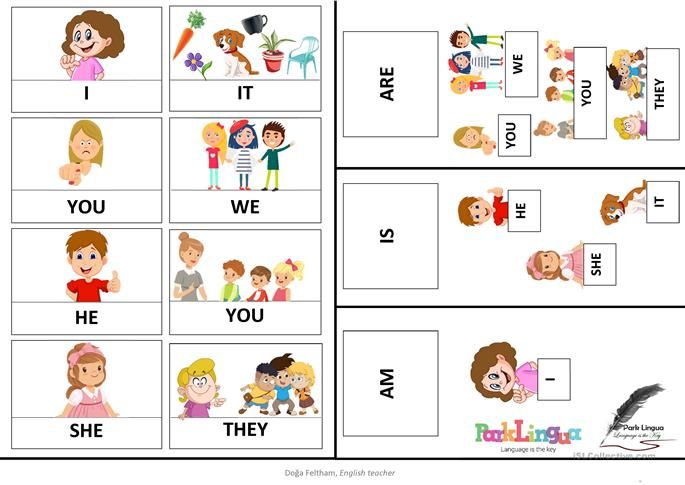
Go to Activities
FAQ'S
-
Who is Learn Kind for?
Learn Kind is designed for K-8 students in three grade-bands: K-2, 3-5, and 6-8. While some subject areas or classroom formats may appear more naturally aligned, Learn Kind can be implemented in any classroom environment, including after school programs.
-
How is the curriculum structured?
Learn Kind has been developed for ultimate flexibility and highly adaptive instructional support. It is packaged as a curricular bundle that includes resources for teacher care and instructional strategies, activities to cultivate connected classroom community, and seven modules addressing kindness and social-emotional learning. You can use the full curriculum as a scaffolded, inquiry-based progression, or choose the modules and activities that are most relevant for your students' needs. Curriculum materials are provided through both teacher and student resources that can be accessed and interacted with digitally, or printed for physical use.

-
How long does it take to teach Learn Kind?
Because it is designed for flexibility, Learn Kind may take as much or as little instructional time as you’d like. The full curriculum is designed as an inquiry-based learning progression, and can be completed in 12-15 instructional hours over a few weeks, several months, or throughout the school year. Or, you might choose to use only a few of the provided activities.
-
Is the curriculum aligned to standards?
The curriculum is designed in connection to the CASEL Core Social-Emotional Learning (SEL) Competencies, and K-8 Next Generation Science Standards (NGSS).
-
What if we’re not teaching in-person?
We know that the 2020-2021 school year continues to be uncertain, and learning may take place in physical classrooms, virtually in homes, or a hybrid of the two. Learn Kind includes options and instructional support for each of these learning environments.
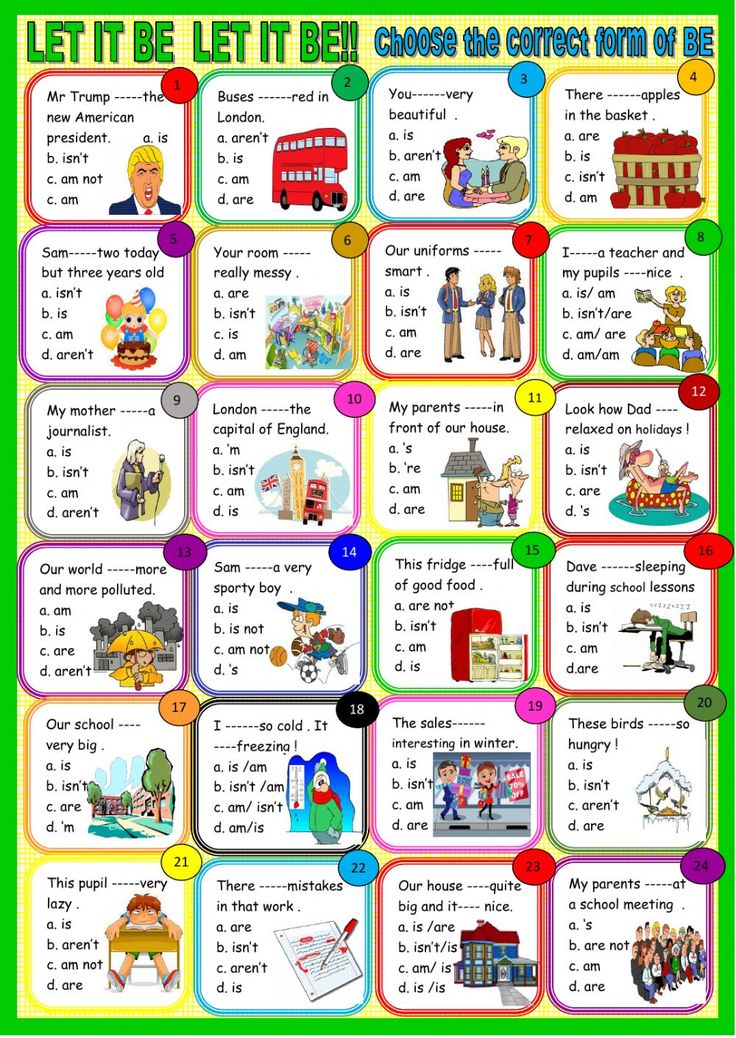
-
Why are you doing a pilot?
Learn Kind was developed in response to hundreds of educators and leading research, but we can only learn how effective the curriculum truly is when it’s in the hands of teachers and students. A pilot allows us to evaluate the efficacy of the curriculum and identify opportunities for enhancement. Teachers participating in the pilot will have the option to provide feedback and speak into future Learn Kind enhancements if they choose.
-
Can I refer my child’s teacher?
Absolutely! If you’d like to see Learn Kind in your child’s school or classroom, we’d love your help sharing the news! Here are some useful resources to share Learn Kind with those in your community, school, or district:
- Learn Kind Signup Form
- Learn Kind featured in TIME for Kids (viewable in the US)
- Learn Kind on the Today Show
-
How do I get started?
Your first step to bringing Learn Kind to students is to sign up with this form.
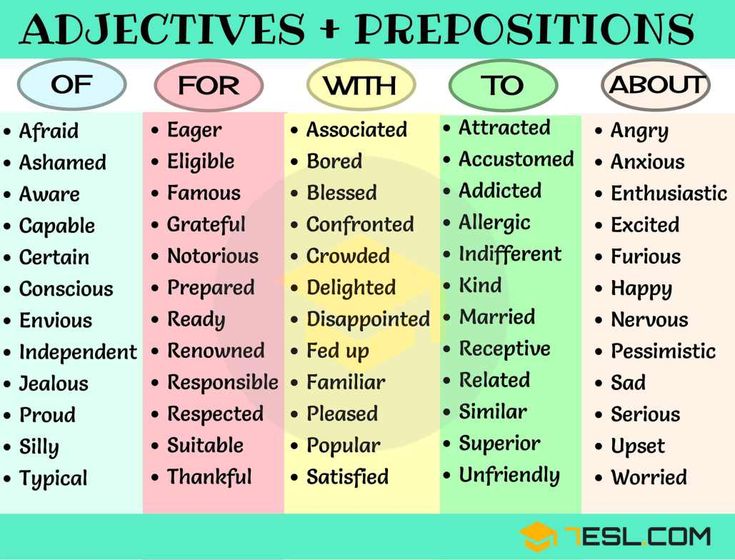 Our team will connect with you to confirm your participation and get you started with curriculum access.
Our team will connect with you to confirm your participation and get you started with curriculum access. -
Do you have any other resources?
We’ve created and gathered a collection of resources to support kids, educators and families during this challenging time. You can find them here .
How to learn to be kinder to people?
Kindness is a great quality of people. In our modern and sometimes even cruel world, it is very difficult to be kind to people, because resentment and disappointment leave a mark in our memory. It is hard to change and break oneself, but sometimes it is necessary to do it in order to remain a person with a capital letter and be in harmony with oneself.
Good deeds have no price, and everything is done free of charge and unselfishly.
A kind person is very happy with a big soul and a rich inner world. Usually such people are satisfied with their lives, they have many friends and good acquaintances, since good deeds always come back double or even triple back. The main thing is that they do not have benefits. It is impossible to keep a count of good deeds, since this must be done sincerely, from a pure heart.
Usually such people are satisfied with their lives, they have many friends and good acquaintances, since good deeds always come back double or even triple back. The main thing is that they do not have benefits. It is impossible to keep a count of good deeds, since this must be done sincerely, from a pure heart.
- Start with yourself . If you do not respect and love yourself, then you are unlikely to be able to do good deeds, and if you live in harmony and harmony with yourself, then you will be able to share this state with others.
- Try to do at least one good deed . Help grandma lift bags, give way to a pregnant woman, and so on. Such actions will not go unnoticed. One small good deed can bring so much pleasure and satisfaction that you will not be stopped further.
- Learn to be grateful to people, even for little things . It's great when there are people in your life who have repeatedly helped you and still help you.
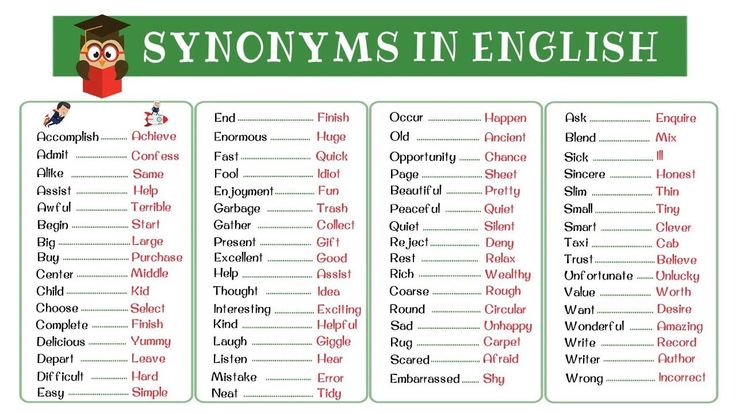 You simply have to thank the world every day that you met them on your way. It is desirable that gratitude be expressed not only in words, but also in deeds.
You simply have to thank the world every day that you met them on your way. It is desirable that gratitude be expressed not only in words, but also in deeds. - Love life as it is . Despair is not an option. Pessimists are mostly concerned only with their own problems, they do not care about others. But optimists are able to empathize and do good good deeds.
- Learn to be sensitive to others . Words of sympathy are a good thing. Sometimes each of us lacks just a kind word or sympathy.
- Look for pluses in people, not minuses, then it will be much easier to become kinder to people. Sometimes you want to do a good deed simply for its positive aspects.
- Be more discreet . Do not shout about and without it. Try to explain everything calmly, balanced.
- Do not judge people who are not like you . Everyone is individual, this must be clearly understood. Perhaps meeting with such a person will expand your knowledge, open up a new value system and make you a better person.
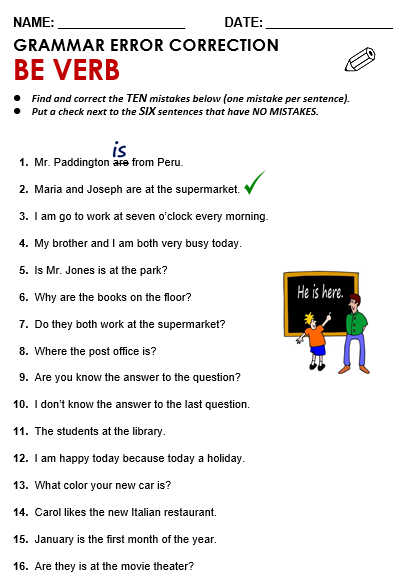
- Fight your laziness . After all, it is so easy to do a good deed, for example, to take unnecessary toys to a kindergarten, but it’s so lazy.
- For any of your wrong deeds apologize .
- Repay evil with good . Maybe then the person will understand that he was wrong and will be corrected thanks to you. Then there is a high probability that the world will become kinder for one person, then for another, and so on. The mechanism will start.
Give kindness only to those people who appreciate it, and do not use it. Spend your energy, time and care only on those who really need it!
Get help
Fill out the form and your request will go to the medical department of the organization
Your details
Name and Surname Enter first and last name Telephone Incorrect telephone Email Incorrect e-mail Describe your situation Describe the situation Send
By clicking on the button I agree to the processing of personal data
How to become kinder — to yourself and others 7 advice from a psychologist — Meduza
It is difficult not to succumb to negativity, not to take it out on yourself and others is even more difficult.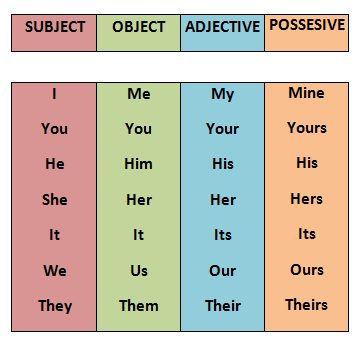 Together with Leroy Merlin, we talked with Grigory Misyutin, a clinical psychologist, cognitive behavioral therapist, founder of the Grigory Misyutin Psychological Center, and asked him about how to be kinder in this difficult time.
Together with Leroy Merlin, we talked with Grigory Misyutin, a clinical psychologist, cognitive behavioral therapist, founder of the Grigory Misyutin Psychological Center, and asked him about how to be kinder in this difficult time.
Try to support yourself and others more often. Affirmations come in handy here!
To support means to be respectful, to give yourself the right to make mistakes, and at the same time to maintain critical thinking. That is, to notice what else you can work on. The devaluing phrases that you used to say to yourself will not help you be effective and improve in achieving a particular goal. For example, the phrases “Oh, I do everything slowly! So I won’t be able to do anything, ”they only oppress. And here, positive affirmations can come in handy, but the point is not in the technique itself, but in its application. Affirmation is just a way to remind yourself of what your goals are and what you need to achieve them. Agree, the phrase "Not everything is perfect, but I'm trying, and behind such a long way" sounds better.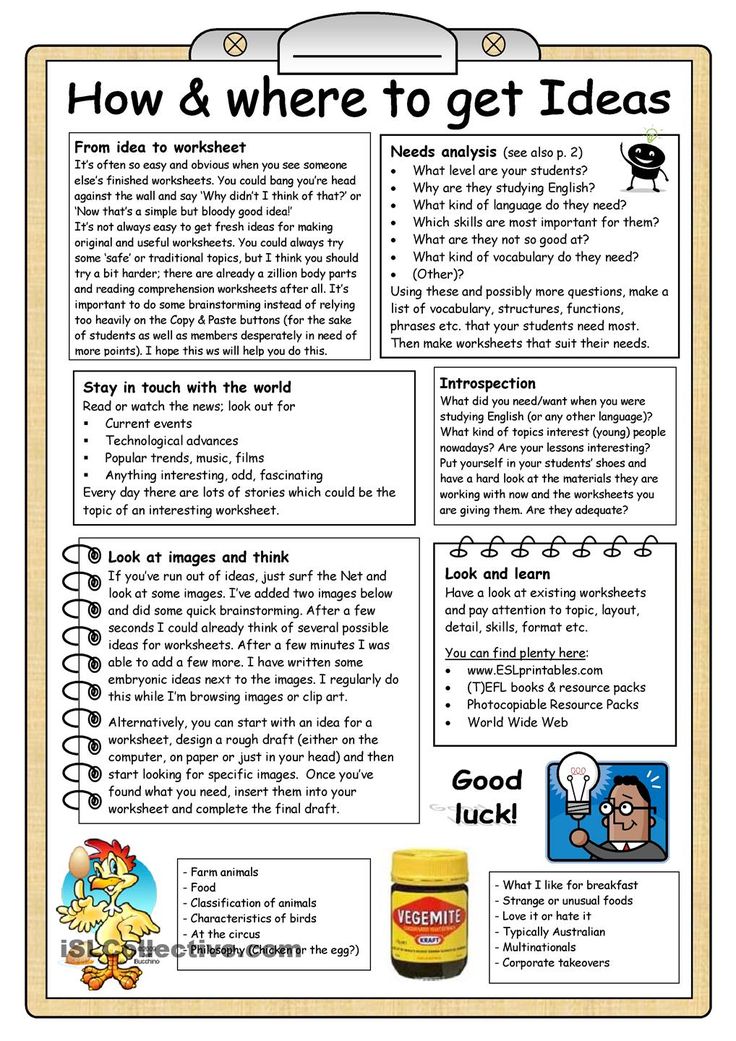
In our culture, it is customary to be critical of oneself, to cherish pain, to proceed from the motivation to avoid discomfort: “If only they didn’t scold”, “If only they didn’t find out.” It is much more important to remember about pleasure, to know that after effort there will be satisfaction. Therefore, try, for example, to think of how you will praise yourself after completing some difficult task.
If you take care of yourself enough, you can take care of someone else. By supporting loved ones, we learn to better understand their needs - not only physical, but also emotional. At the same time, the main thing is not to forget that the border of our freedom may intersect with the freedom of others: for example, your support may turn out to be violent. Always remember: it is not in our power to force someone to be happy.
Sometimes complete strangers need support, and in order to show it, it is enough to take a few steps. On the eve of the New Year holidays, Leroy Merlin is launching a charity event together with the DaDobro Foundation - "Magic begins with each of us." As part of the campaign, you can give New Year gifts to people who find themselves in a difficult life situation.
Spend more time on yourself and your inner child
Each person is a unique fulcrum for himself: we are always next to ourselves and most often we understand better than others what we really need. Man is not only intelligent, but also self-sustaining and coping with difficulties. And in order to have a resource for this, you need to find time for yourself. This is especially important when you don't understand what's going on; get tired quickly; you are annoyed - both by yourself and other people; live with the feeling that you always have nothing to do and that you do not have enough time.
At such moments, remember your inner child and make sure that your life has enough space for creativity, spontaneity and carelessness. Take a break from adulthood and responsibility. Do not think that this is a waste of time. It’s quite the opposite: to be effective not only at work, but also in relationships with other people, you first need to take care of yourself.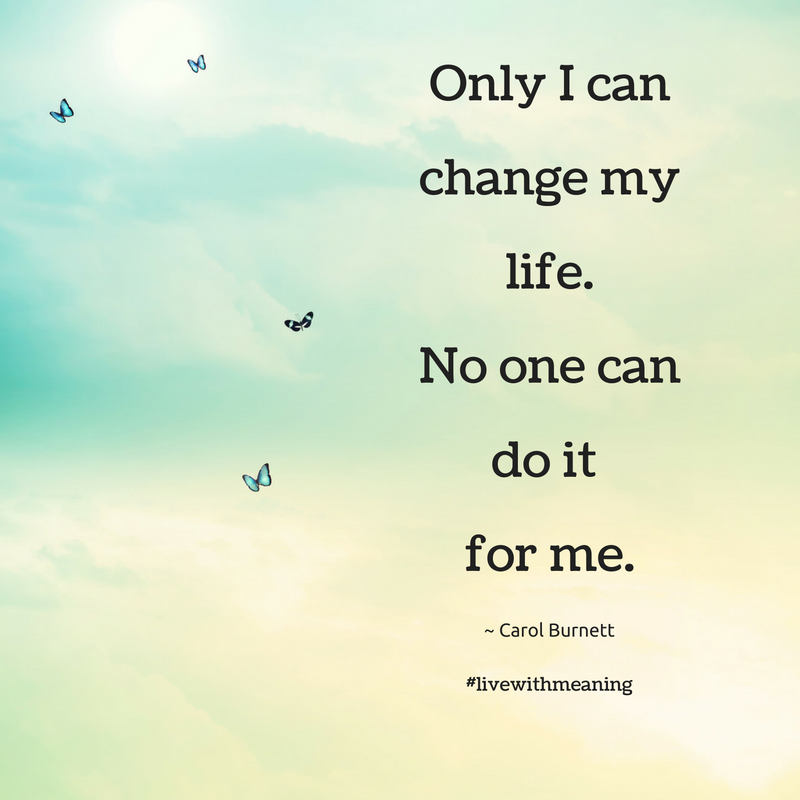 This is a healthy egoism seasoned with pragmatism.
This is a healthy egoism seasoned with pragmatism.
Write down gratitude and try to see different facets of events
We are all, to one degree or another, experts in the bad, and this practice is a training for the brain to notice something good, an opportunity to expand its optics. Yes, the bad will not go away, but it is important to see what else happened that went unnoticed. The events are multifaceted: even in tragedies one can find a small story of happiness. If only the negative prevails in your optics, you will probably lose awareness of what is really happening. This will not help you become more resilient and efficient.
Gratitudes can simply be kept in mind, or you can write them down so that over time they are not erased from memory, but linger longer.
Follow not the white rabbit, but follow your values
Values are some fundamental points of coordinates, what a person aspires to and what he would like to achieve.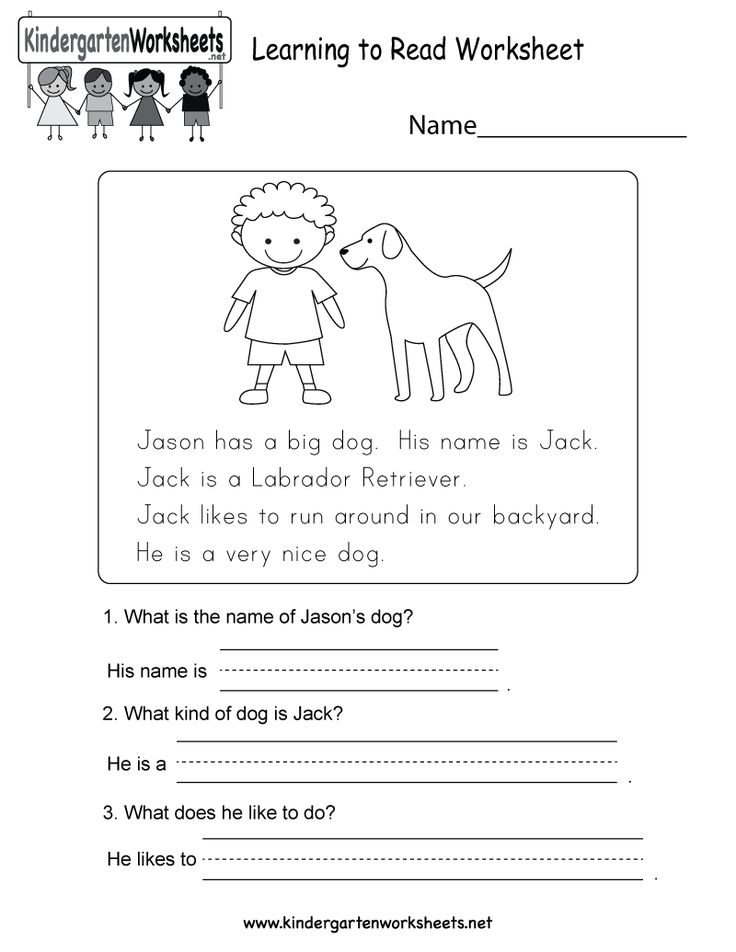 They help you choose activities and environments. At the same time, on the one hand, values cannot be fully achieved, and on the other hand, they allow you to accumulate positive emotions if a person does something that brings him closer to them. For example, if you strive for freedom and do something for this, you will feel happier, although you may not have complete freedom.
They help you choose activities and environments. At the same time, on the one hand, values cannot be fully achieved, and on the other hand, they allow you to accumulate positive emotions if a person does something that brings him closer to them. For example, if you strive for freedom and do something for this, you will feel happier, although you may not have complete freedom.
It's one thing to do something mechanically and get paid for it, it's another thing to do projects that our brain recognizes as something significant when there is an emotional response. For motivation, it is important that you enjoy your work, and values make it more guaranteed to achieve satisfaction from meaningful activities.
Special gift boxes appeared in Leroy Merlin hypermarkets. Every visitor can become a benefactor! To do this, it is enough to purchase any product from the Leroy Merlin New Year's assortment and put it in a box, which is located behind the checkout line. The boxes will be donated to the DaDobro fund, and Leroy Merlin will add one more gift for home renovation or home improvement to each gift.And already from the fund the parcels will be sent to the families.
Learn not only to give compliments, but also to accept them
We often think critically about ourselves, and a compliment is an anti-criticism that can be annoying and seem like something unnatural. Compliments are about the fact that you have the right to feel good. Through them you change others and others change you.
If a person believes that he does not deserve compliments, it is important to develop curiosity, flexibility of thinking, ask yourself questions: "What (-) can I be?" Can I be?”, “What (them) can perceive me?” And consistently approach the main question: "And what (th) am I?" If you find it difficult to accept compliments, just allow yourself to be with this difficult, ambiguous feeling.
It is probably easier to say compliments to close people: you can rely on their credit of trust. You can voice compliments to support those patterns of behavior that resonate with you, saying them not for the sake of flattery, but for good.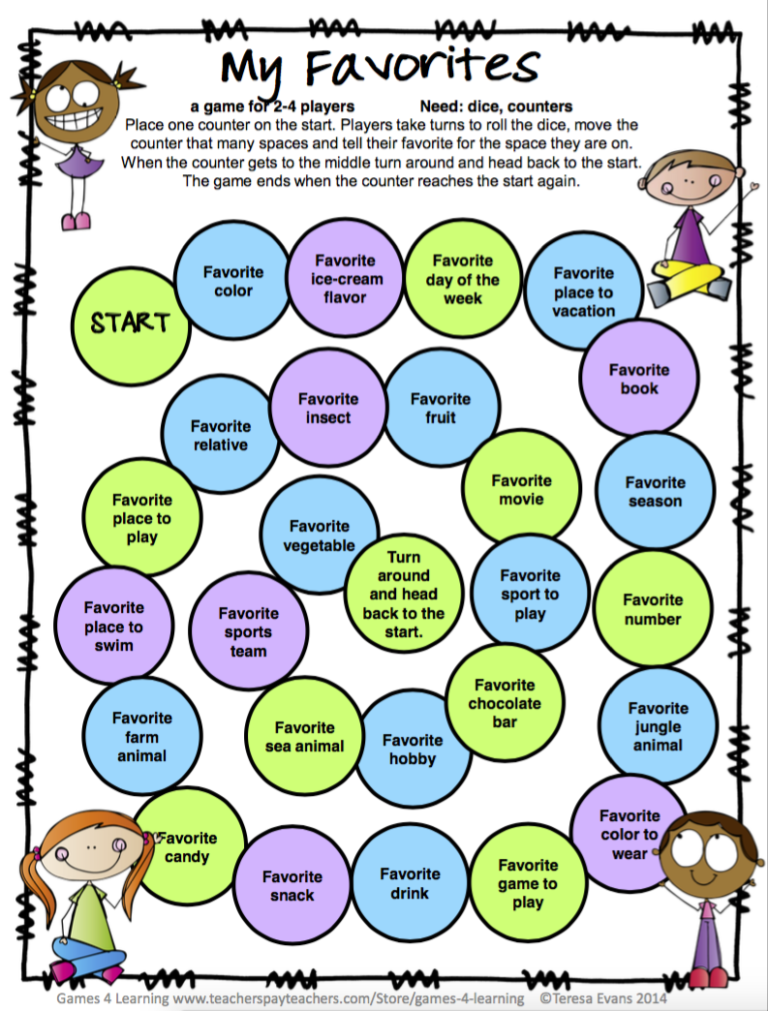 In relation to strangers, a compliment can be started with a polite introduction, which will make it not an impudent and impudent intrusion into someone else's space, but a guest response.
In relation to strangers, a compliment can be started with a polite introduction, which will make it not an impudent and impudent intrusion into someone else's space, but a guest response.
Whether a compliment is a violation of personal space depends on the recipient. How to treat dating on the street? For some, this is a violation of boundaries, for others - a manifestation of attention and sympathy. In such cases, one can rely on universal human principles and not switch to an unacceptable form of interaction when compliments make people feel awkward and other unpleasant emotions.
Live your emotions. Any!
Those emotions that are usually called negative, in fact, are not something bad. It is normal to experience them, because they give information about what is happening, prepare for action: anxiety - to avoid something, anger - to protect one's interests, sadness - to isolate, be alone and reduce one's involvement in other activities. If you do not take into account some part of the experience that is in life, if you take into account only the good, and consider the rest as unpleasant, you will not receive high-quality information about yourself.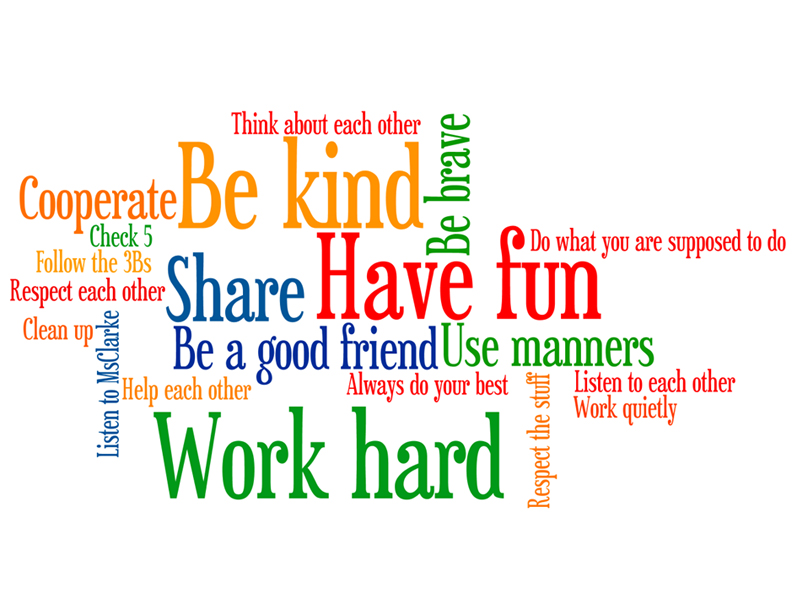 A flattering picture leads far from the truth. And this, in turn, will not help to more effectively adapt to life circumstances.
A flattering picture leads far from the truth. And this, in turn, will not help to more effectively adapt to life circumstances.
It is not always possible to live these emotions in the moment, so it is worth returning to them later. For example, think about why this or that situation emotionally captured you, why someone annoys you, try to construct different versions of events: which alternative would upset you more, and which would make you happy, and why.
If you ignore your emotions, this can lead to the accumulation of tension, and this, in turn, can manifest itself in different ways: for example, in the form of fatigue, anxiety and depressive disorders. This can also affect relationships with other people: when a person experiences emotions, they provide information about what is happening to him. If he is angry or upset and you know him well, then you can understand that he probably needs support right now.
Remember that kindness lies in small things too
Kindness is a broad concept, and if you start to describe a kind person, what will he be like? Fair? Honest? supportive? Kindness depends on where you direct it.